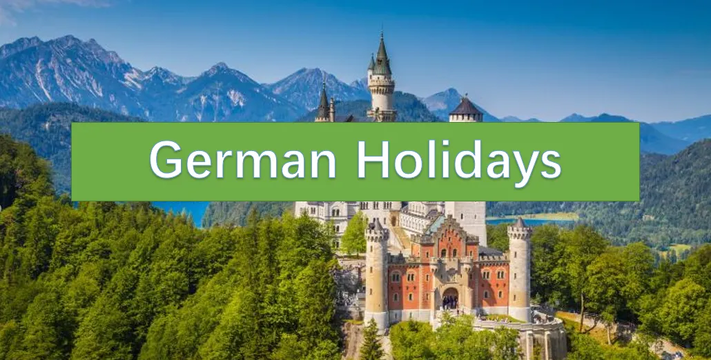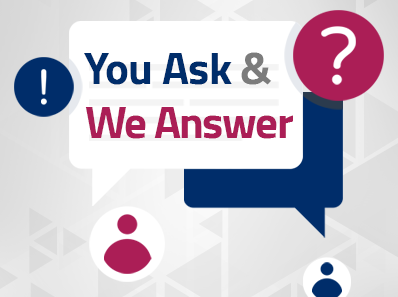Every importer planning to establish cooperation with a German business partner should first get acquainted with Germany’s public holidays’ calendar. Holidays often cause difficulties in communication with partners and frequent delays in the delivery of goods. Some of them do not have fixed dates and are celebrated at a different time every year. Therefore, it is crucial to know when to conduct business transactions and when not, to avoid complications. Check holidays in Germany .
Holidays in Germany
Since Germany is divided into 16 Länder, each one has its calendar of public holidays. Non-working days vary mostly depending on the dominant religion in a specific region. Therefore, if you plan a trip to Germany for business or tourism, it is essential to carefully check the given Land’s calendar. Although there are additional days free of work within some of the Länder, there are also nine holidays celebrated all over Germany.
New Year’s Day
Non-working days: 1st January
Like most countries around the world, Germany celebrates the beginning of the new year, called Silvester. During this time, there are many events, such as public concerts and firework displays, organized all over the country. Firework displays occur in most major cities of Germany, though the biggest one takes place at Brandenburger Tor.
Many people celebrate New Year’s Day until the early morning hours. Lively traditions of Silvester celebrations attract people to German cities, which results in higher prices of accommodation. The 1st day of January in Germany is dedicated to quiet rest or meeting with close friends and family. Therefore, all of the stores, banks, post offices, and businesses are closed.
Good Friday, Karfreitag in German, is a holiday commemorating the crucifixion of Jesus Christ. Due to its mournful atmosphere, Good Friday is regarded as a Stille Tage in Germany, which means ‘quiet holiday,’ or Stiller Freitag – Quiet Friday. Any activities contradicting the day’s character are restricted, and their specification may vary from Land to Land. For example, in Bavaria, any music is forbidden, even in bars. Good Friday is a day off from work and school, spent peacefully in reflection and mourning.
In , Good Friday falls on 2nd April. However, Good Friday is one of the holidays that date changes every year. That is why each year you have to make sure when this holiday is celebrated.
Easter Monday
Non-working days: 5th April
Easter Monday, or Ostermontag, marks Jesus Christ’s resurrection and is celebrated annually in Germany. This day’s activities are focused on early morning parades called Emmausgang, held mostly in the country’s southern part. Each one of them ends with a church service. Some of the villages also organize egg races – Eierlauf, both for children and adults.
Easter Monday is yet another day off from work in Germany, spent mainly on meetings with family, meaning any stores, banks, post offices, and businesses are closed. It is another holiday in which dates differ each year. In the celebrations of Easter Monday occur on 5th April.
Labor Day
Non-working days: 1st May
Labor Day was established in Germany in 1933. As in many other countries around the world, Tag der Arbeit is celebrated on 1st May. One of the main parts of the holiday is marches throughout the country, campaigning for workers’ rights. The most important one takes place in Berlin, in the Kreuzberg district.
Since it is a day devoted to rest from work and school, all stores, banks, businesses, or offices are closed. Lots of people travel around this time to spend it with family or friends.
Ascension Day
Non-working days: 13th May
Ascension Day – Christi Himmelfahrt is a public day in Germany, celebrating Jesus Christ’s ascension to heaven. On this day, various businesses are also closed. Christian citizens of the country attend church services. Since at least the 4th century, residents, especially in rural areas, still participate in processions called Himmelfahrt, meaning “ascension to heaven.” Villagers gather in traditional costumes and take part in the processions, holding up religious banners and torches.
Some parts of Germany consider Ascension Day also as Father’s Day or Men’s Day. In these regions, male friends or relatives spend the day together and participate in various outdoor activities. One must remember that Ascension Day’s date changes every year. In the holiday falls on 13th May.
Whit Monday
Non-working days: 24th May
Whit Monday, also known as Pentecost Monday, or Pfingstmontag in German, is a holiday marking the end of the Easter cycle. It is celebrated fifty days after Easter and commemorates the Holy Ghost’s descent on Jesus Christ’s disciples. On this day, people attend church services and participate in spring festivals. Some Germans celebrate it through other local customs, which vary depending on Land or region.
Please note that Whit Monday is a movable holiday. In , Whit Monday is celebrated on 24th May.
Holidays in Germany
Since Germany is divided into 16 Länder, each one has its calendar of public holidays. Non-working days vary mostly depending on the dominant religion in a specific region. Therefore, if you plan a trip to Germany for business or tourism, it is essential to carefully check the given Land’s calendar. Although there are additional days free of work within some of the Länder, there are also nine holidays celebrated all over Germany.
New Year’s Day
Non-working days: 1st January
Like most countries around the world, Germany celebrates the beginning of the new year, called Silvester. During this time, there are many events, such as public concerts and firework displays, organized all over the country. Firework displays occur in most major cities of Germany, though the biggest one takes place at Brandenburger Tor.
Many people celebrate New Year’s Day until the early morning hours. Lively traditions of Silvester celebrations attract people to German cities, which results in higher prices of accommodation. The 1st day of January in Germany is dedicated to quiet rest or meeting with close friends and family. Therefore, all of the stores, banks, post offices, and businesses are closed.
Good Friday, Karfreitag in German, is a holiday commemorating the crucifixion of Jesus Christ. Due to its mournful atmosphere, Good Friday is regarded as a Stille Tage in Germany, which means ‘quiet holiday,’ or Stiller Freitag – Quiet Friday. Any activities contradicting the day’s character are restricted, and their specification may vary from Land to Land. For example, in Bavaria, any music is forbidden, even in bars. Good Friday is a day off from work and school, spent peacefully in reflection and mourning.
In , Good Friday falls on 2nd April. However, Good Friday is one of the holidays that date changes every year. That is why each year you have to make sure when this holiday is celebrated.
Easter Monday
Non-working days: 5th April
Easter Monday, or Ostermontag, marks Jesus Christ’s resurrection and is celebrated annually in Germany. This day’s activities are focused on early morning parades called Emmausgang, held mostly in the country’s southern part. Each one of them ends with a church service. Some of the villages also organize egg races – Eierlauf, both for children and adults.
Easter Monday is yet another day off from work in Germany, spent mainly on meetings with family, meaning any stores, banks, post offices, and businesses are closed. It is another holiday in which dates differ each year. In the celebrations of Easter Monday occur on 5th April.
Labor Day
Non-working days: 1st May
Labor Day was established in Germany in 1933. As in many other countries around the world, Tag der Arbeit is celebrated on 1st May. One of the main parts of the holiday is marches throughout the country, campaigning for workers’ rights. The most important one takes place in Berlin, in the Kreuzberg district.
Since it is a day devoted to rest from work and school, all stores, banks, businesses, or offices are closed. Lots of people travel around this time to spend it with family or friends.
Ascension Day
Non-working days: 13th May
Ascension Day – Christi Himmelfahrt is a public day in Germany, celebrating Jesus Christ’s ascension to heaven. On this day, various businesses are also closed. Christian citizens of the country attend church services. Since at least the 4th century, residents, especially in rural areas, still participate in processions called Himmelfahrt, meaning “ascension to heaven.” Villagers gather in traditional costumes and take part in the processions, holding up religious banners and torches.
Some parts of Germany consider Ascension Day also as Father’s Day or Men’s Day. In these regions, male friends or relatives spend the day together and participate in various outdoor activities. One must remember that Ascension Day’s date changes every year. In the holiday falls on 13th May.
Whit Monday
Non-working days: 24th May
Whit Monday, also known as Pentecost Monday, or Pfingstmontag in German, is a holiday marking the end of the Easter cycle. It is celebrated fifty days after Easter and commemorates the Holy Ghost’s descent on Jesus Christ’s disciples. On this day, people attend church services and participate in spring festivals. Some Germans celebrate it through other local customs, which vary depending on Land or region.
Please note that Whit Monday is a movable holiday. In , Whit Monday is celebrated on 24th May.
Prilozi
-
858.7 KB Pregleda: 76





